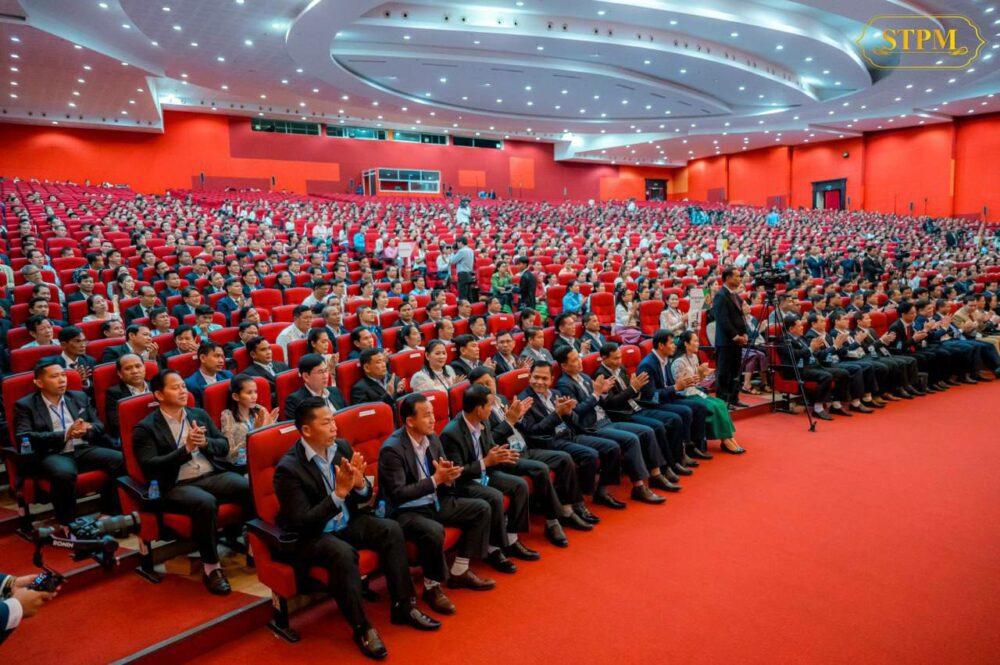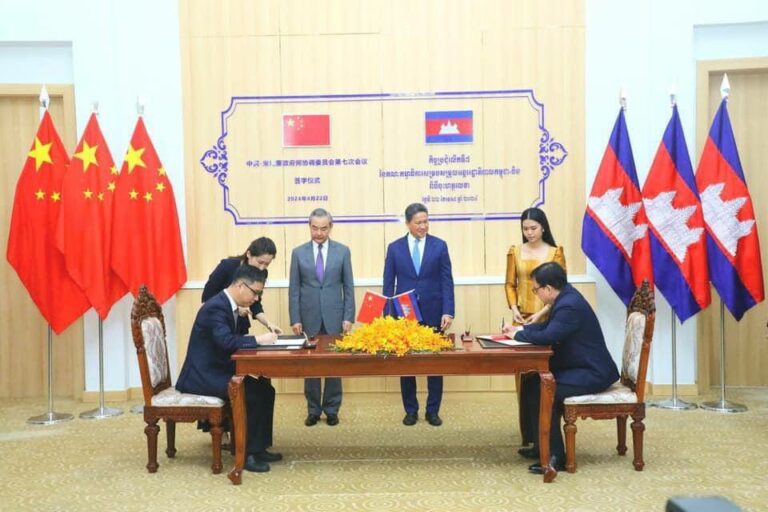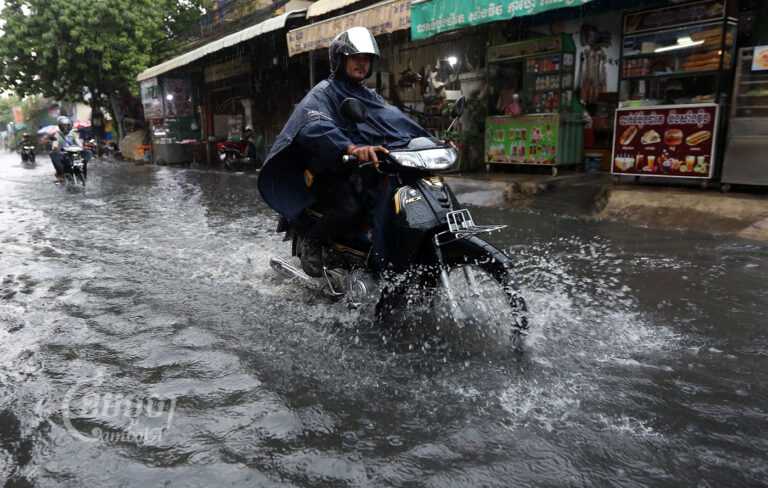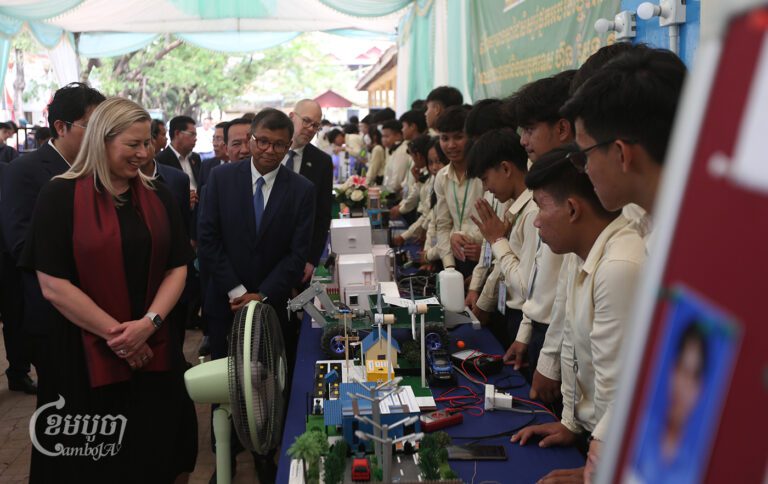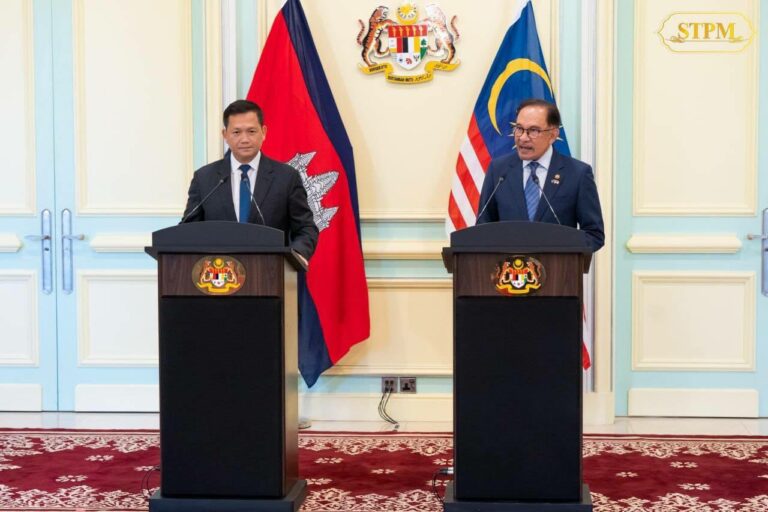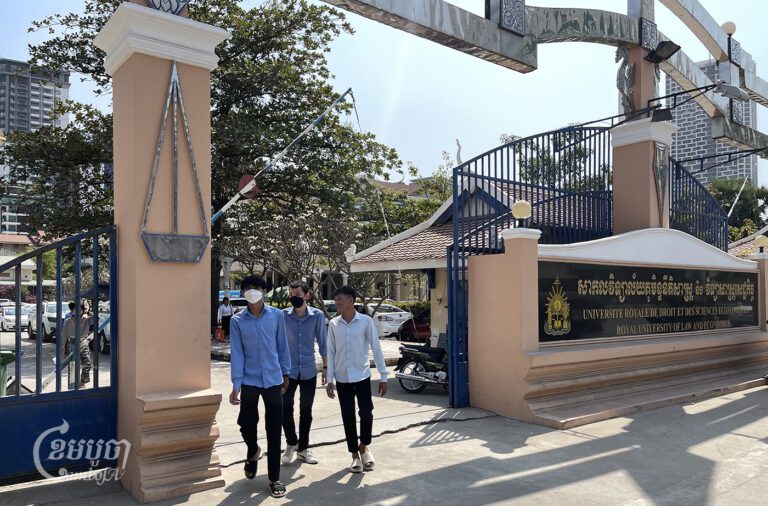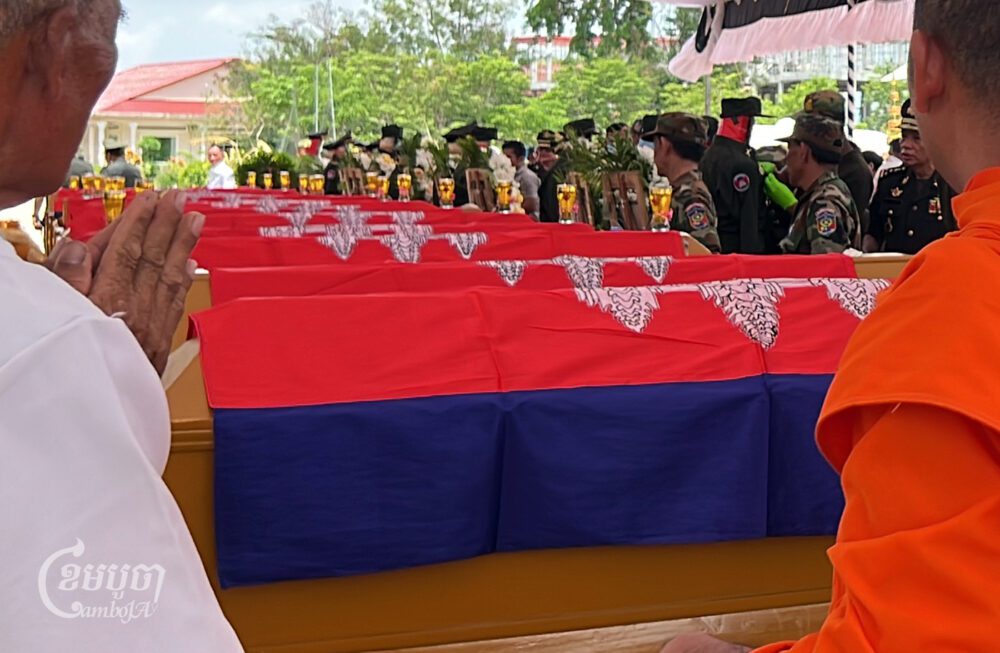While the World Bank revealed last week that Cambodia’s expenditures rose mainly because of civil sector salaries that are not linked to job performance, Cambodia now plans to expand opportunities for expert contract officers to improve public administration efficiency.
According to Prime Minister Hun Manet, the government will focus on three national reforms. The first being public administration reform, which includes the recruitment of new officials; second – education reform, and the third is health reform. He added that these three reforms are important because Cambodia needs efficient public services.
The recruitment of new officials would also include the recruitment of contract officers, Hun Manet said at an award ceremony for model schools and health centers on Thursday.
“The definition of contract officers should not only be administrative contract officers or assistants, it should also include opportunities for expert contract officers. If those officers are skilled and perform duties similar to other civil servants, they have to be paid the same as normal civil servants.”
The increase of contract officers is a form of evolution of the world. In many countries, civil service is reduced and some jobs are based on contract.
In fact, retired officers can also return as contract officers, so that Cambodia will not experience human resource shortage, Hun Manet said. “We have to open up recruitment [to contract officers]. We need to give [people] the right and opportunity [to apply for civil service jobs].”
“We considered a new framework. So, even though there are fewer civil servants, we don’t lack staff because we have the flexibility [of hiring] contract officers,” he added.
The reforms also take into consideration the restructuring of official needs and focus on retaining officials at the grassroots level, Hun Manet said, noting that the mandate is to strengthen effectiveness, not expand the service. However, if ministries or departments at sub-national levels need officers, they have to present their argument and show which positions lack officers.
“Health centers and primary schools lack people [officers], so there must be a way to send over people and retain them there,” he said.
In the education sector, the World Bank in its fiscal review last week found inefficient human resource management and a budget driven by pay costs. Wages accounted for 78% of the education budget, with the sector having an uneven distribution of teachers.
Between 2018 and 2021, Phnom Penh had a teacher surplus, while the other regions experienced shortages. In 2021, there was a net teacher shortage of 19,867 in rural areas. Overall, there were both surpluses and shortages of teachers in specific subjects.
Given this, the World Bank suggested that the government strengthen teacher recruitment and training.
The World Bank did not respond at the published time.
Pa Chanroeun, head of the Cambodian Institute for Democracy (CID), said the recruitment of officers to work in public institutions can be done in two forms – the recruitment of framework officers and contract officers.
Today’s public administration work worldwide has moved to the contract officer recruitment system, and that recruiting persons with specialized expertise is critical to improving performance, particularly in education and health.
“I believe that the introduction of a professional contract recruitment policy is necessary both to provide opportunities for professionals to work in public institutions and also in part to fill gaps in public institutions and increase the effectiveness,” Chanroeun said.
However, the recruitment process must be transparent and non-discriminatory in order to obtain highly skilled and efficient contract officers.
Echoing him, Transparency International Cambodia director of programme Im Norin said the recruitment of professional contract officers will help improve the shortcomings of state institutions.
“But, for it to work effectively, recruitment must be [done] transparently through an open recruitment announcement, [clear] display of job descriptions and avoid conflicts of interest,” Norin added.


